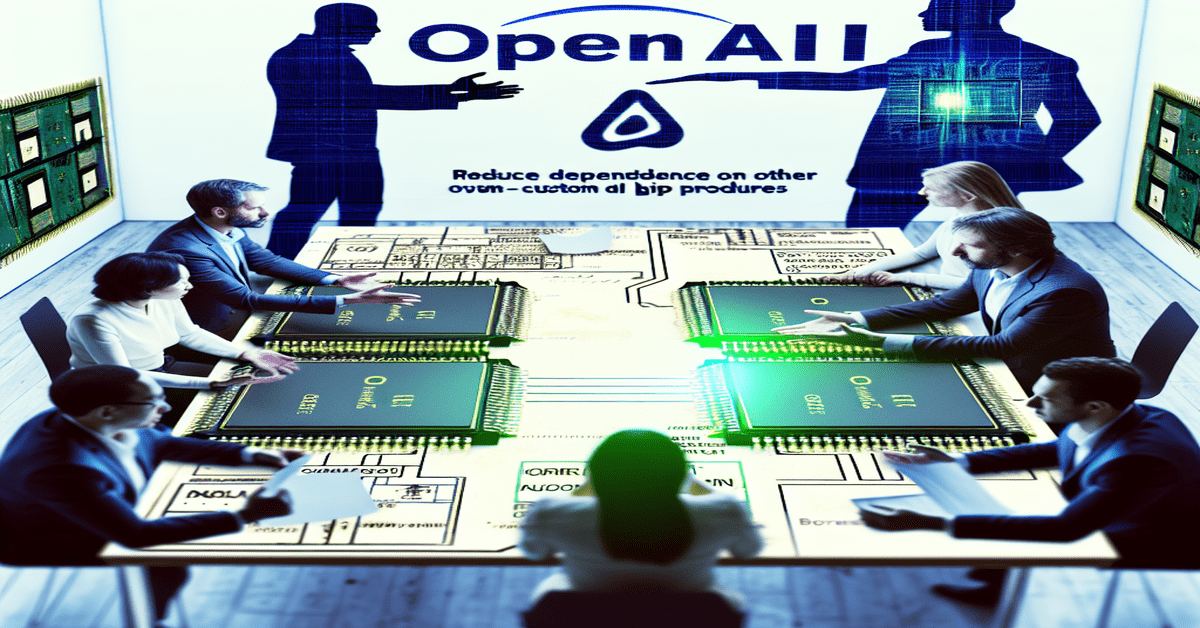OpenAI’s Bold Move: Venturing into the AI Chip Industry
In a groundbreaking development, OpenAI, the renowned artificial intelligence research laboratory, is making waves by entering the AI chip industry. According to recent reports, OpenAI is actively engaging in discussions with prominent semiconductor designers like Broadcom and others to create custom AI chips. This strategic move aims to address supply chain issues and reduce reliance on Nvidia, the current dominant player in the AI chip market.
Addressing Supply Chain Challenges Broadcom
OpenAI’s decision to venture into the AI chip industry is driven by the need to tackle supply chain challenges. By developing custom AI chips in collaboration with semiconductor designers, OpenAI seeks to establish a more reliable and efficient supply chain. This proactive approach demonstrates OpenAI’s commitment to ensuring the smooth delivery of its AI solutions and minimizing potential disruptions.
Assembling a Dream Team
To bolster its chip development efforts, OpenAI has been actively recruiting former Google chip employees. These experienced professionals bring valuable expertise and knowledge to the table, strengthening OpenAI’s capabilities in chip design and manufacturing. By assembling a dream team of chip experts, OpenAI is positioning itself to create cutting-edge AI chips that can rival those of competitors.
Securing Significant Funding
Reports suggest that OpenAI is also seeking to secure significant funding to establish multiple chip plants. This ambitious endeavor underscores the company’s long-term vision and commitment to becoming a major player in the AI chip industry. With substantial financial backing, OpenAI aims to scale up its chip production capacity and meet the growing demand for AI hardware solutions.
Implications for the AI Industry
OpenAI’s entry into the AI chip industry has far-reaching implications. As one of the most influential AI research organizations, OpenAI’s move signifies a shift in the competitive landscape. It challenges the dominance of Nvidia and opens up new possibilities for innovation and collaboration within the industry. This development is likely to spur further advancements in AI hardware, benefiting businesses and consumers alike.
Join the conversation and share your thoughts on OpenAI’s bold move into the AI chip industry. How do you think this will impact the future of AI development and deployment? Let us know in the comments below!
#AIChips #OpenAI #IndustryDisruption #Broadcom
- Original article and inspiration provided by The Verge
- Connect with one of our AI Strategists today at Opahl Technologies


